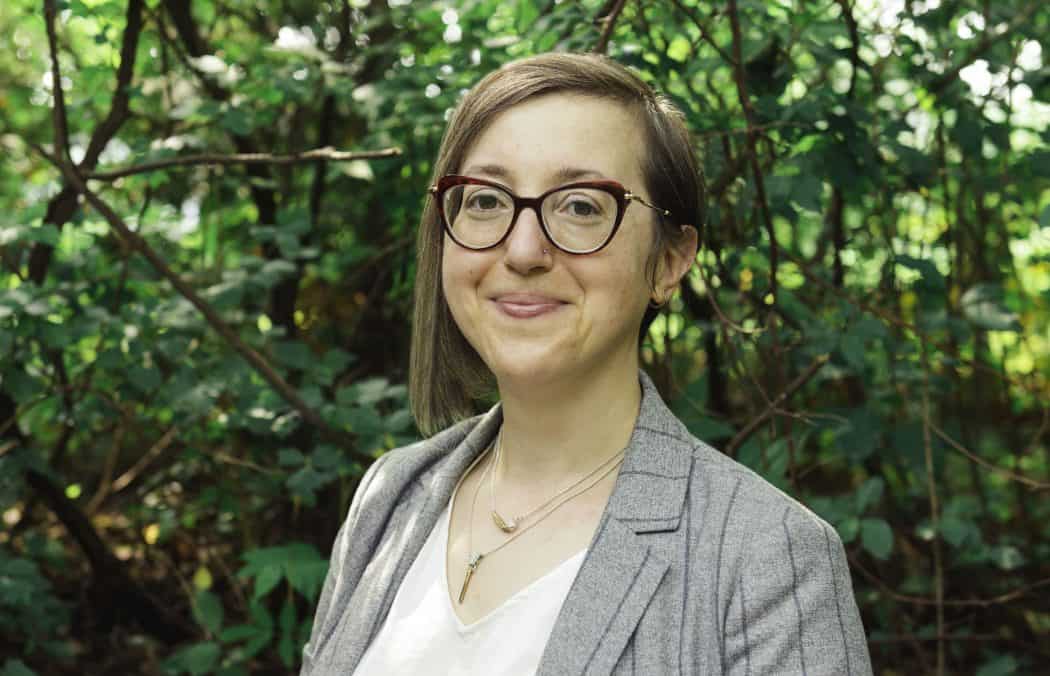St. Catharines professor to study whether seniors in LTC facilities should have locations monitored
Published September 29, 2022 at 1:44 pm

This is a subject worthy of an Ethics Class: Should seniors in long-term care facilities wear GPS bracelets for their own safety or is that invasion of privacy?
One Brock University Professor, Alisa Grigorovich, wants to find out.
AMS Healthcare has awarded Grigorovich, an Assistant Professor of Recreation and Leisure Studies in Brock University’s Faculty of Applied Health Sciences, a fellowship to explore the perspectives of the individuals who are wearing these bracelets and their care partners.
“We will find out from them what they see as the benefits and drawbacks of this type of system, as well as its impact on their everyday life and relationships,” Grigorovich, a social gerontologist who studies the use of technologies in aged care, told Brock News.
“We will also ask them for suggestions for improving how these kinds of systems are rolled out and used in line with their preferences and values.”
On the one hand, locating someone who lives in a long-term care facility can be challenging since residents may not always be in their room when a family member comes to visit or when it’s time to take medication.
It’s now possible for staff to remotely monitor movements and location through a wrist bracelet but is this indoor locating technology the best way to handle this situation, from the standpoint of the wearer?
Grigorovich plans to interview 20 residents and 20 caregivers at one long-term care home in southern Ontario. Her goal is to gain a clear understanding of people’s experiences with the technology, along with its impacts and the values that underlie decisions to either adopt or refuse the system.
She says real-time location systems have been used in hospitals and other institutions primarily to monitor the location of items such as expensive hospital equipment so this may be a pivotal time to conduct this research, as long-term care facilities are deciding individually whether or not to implement real-time location systems in their institutions.
“There’s a lot of hope and ideas about what these technologies potentially could help with in long-term care, but there’s been very little research to demonstrate their actual impacts,” says Grigorovich.
But concerns include an invasion of privacy, unfair restrictions on activities and movements, and negative impact on care relationships, she says.
Grigorovich is one of 13 researchers from mostly health-care institutions to be named a 2022 Research Fellow in Compassion and Artificial Intelligence, which focuses on promoting the integration of digital technology and compassionate care in the delivery of health-care services, education of health professionals and leadership in the field.

Brock Assistant Professor of Recreation and Leisure Studies Alisa Grigorovich






